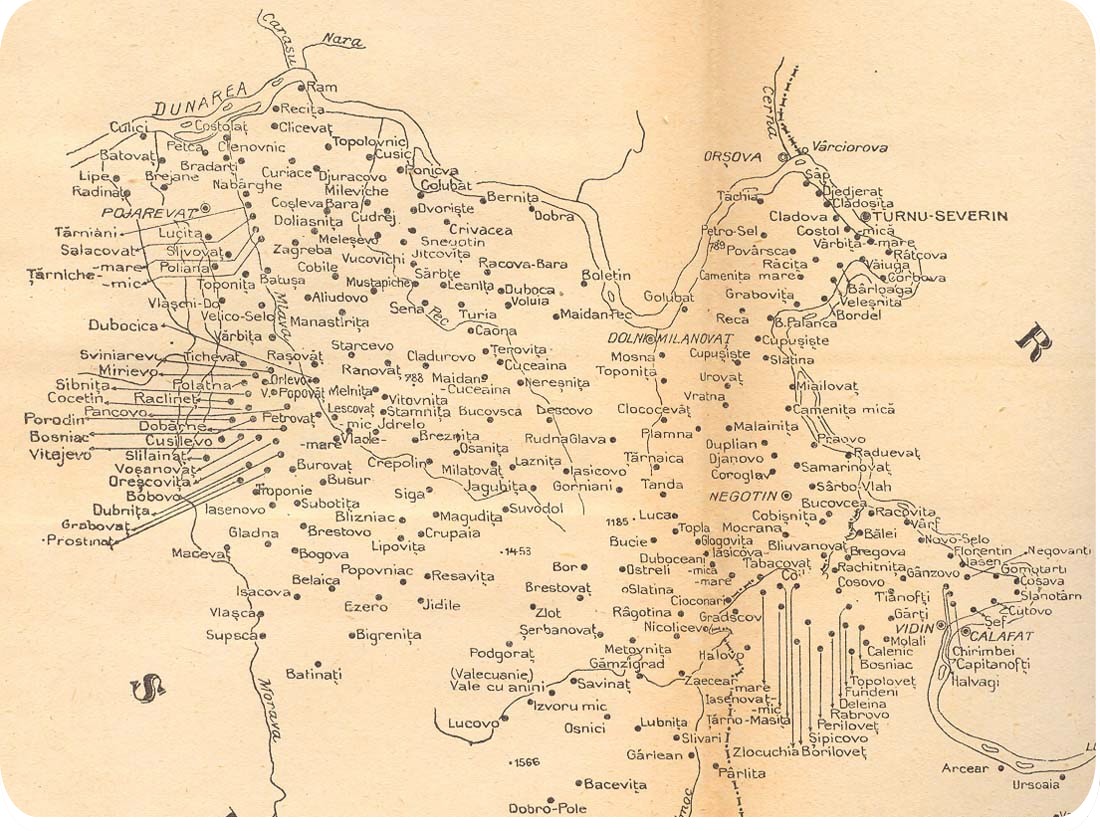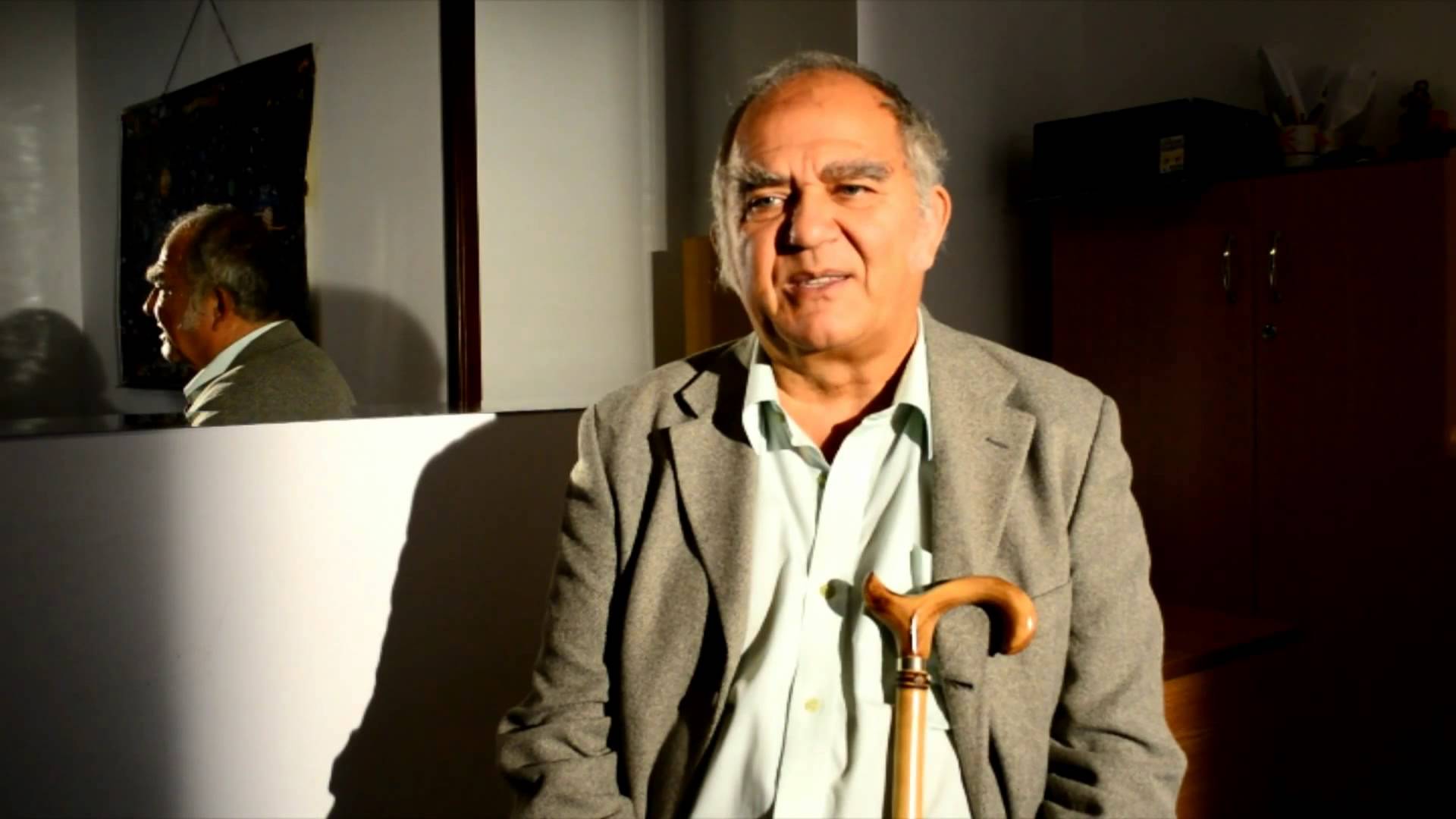 „Chinezii din America sunt suprareprezentați în universitățile de elită ale țării”, spun Yong Zhao și Wi Qiu. Copiii iau note mai mari la testele de matematică SAT și sunt reprezentați disproporționat în rândul elevilor meritorii.
„Chinezii din America sunt suprareprezentați în universitățile de elită ale țării”, spun Yong Zhao și Wi Qiu. Copiii iau note mai mari la testele de matematică SAT și sunt reprezentați disproporționat în rândul elevilor meritorii.
Un studiu a relevat că asiaticii americani depășesc toate celelalte grupuri etnice la matematică și științe. (Else-Quest et al 2013)
Cum poate fi explicat acest lucru? Contrar credinței populare, aceasta nu se întâmplă din cauza IQ-ului ridicat înnăscut pe care îl au chinezii.
Când James Flynn a analizat studiile din trecut cu privire la realizări și IQ, a descoperit că reușitele chinezilor pot fi explicate prin factori culturali.
Așadar, care este secretul?
Profesorul de drept de la Yale, Amy Chua, spune că este vorba de educația de acasă. Mamele chineze cresc copiii mai realizați și mai performanți la nivel academic pentru că sunt mult mai exigente și stricte decât mamele occidentale.
Are dreptate Chua? Există câteva dovezi în favoarea tezei sale. Știm, de pildă, că părinții care aplică standarde înalte tind să aibă copiii mai buni la școală. Este, de asemenea, clar că părinții chinezi tind să petreacă mult mai mult timp în a-i forța pe copii să studieze, să exerseze și să reușească.
Dar diavolul se ascunde în detalii și mulți critici doresc să știe practicile specifice pe care Chua le descrie într-un articol polemic din «Wall Street Journal» și în cartea sa autobiografică «Battle Hymn of the Tiger Mother».
Aceste practici – care includ amenințarea cu pedeapsa și foarte mult control psihologic – aduc a educație autoritar și reprezintă o abordare a educației care nu este în mod obișnuit asociată cu cele mai bune rezultate academice și emoționale. Cele mai bune rezultate sunt, de obicei, puse în legătură cu un stil diferit: educația autoritară. Când copiii chinezi sunt crescuți de părinți cu autoritate, se descurcă la fel de bine sau mai bine decât copiii din cămine autoritare.
Așadar, nu este sigur că metodele lui Chua sunt la fel de eficiente pe cât crede, iar cercetările mai recente întăresc această concluzie. Un studiu nou corelează „educația tigru” cu rezultate academice mai modeste și cu o adaptare emoțională mai precară (Kim et al 2013).
Și totuși cum pot fi explicate realizările chinezilor? Decenii de cercetare sugerează că există două avantaje pe care le au copiii chinezi, și ele au puțin de-a face cu autoritarismul. În primul rând, părinții pun accentul pe efort, nu pe abilitățile înnăscute. Apoi, colegii se susțin unii pe alții când trag din greu la școală.
Munca și credința că munca va fi răsplătită reprezintă un ingredient cheie al succesului chinez. Chua argumentează puternic în favoarea acestei idei. Nu îi lasă niciun moment pe copiii ei să creadă că nu pot reuși.
Iată în continuare un rezumat al tezelor controversate susținute de Chua.
Autoportretul unei mame chineze
Amy Chua este fiica unor imigranți chinezi în SUA. Părinții săi, spune ea, erau „extrem de stricți dar foarte iubitori”. Ea a încercat să-și crească la fel copiii.
Ce înseamnă asta? Chua oferă niște exemple specifice.
De pildă, Chua spune că nu le dă voie niciodată copiilor săi să se întâlnească la joacă, să se uite la televizor, să participe în piesele de teatru de la școală, sau să-și aleagă activitățile extra curriculare. Copiii nu au voie să aibă note mai mici de A sau să nu fie primii la orice materie cu excepția sportului și a teatrului.
Când fetița sa de șapte ani nu a reușit să cânte o piesă nouă la pian, Chua a forțat-o fără întrerupere. „Am amenințat-o că nu va mai primi prânzul și cina, că nu va mai primi cadouri de Crăciun și Hanukkah, că nu va mai avea o petrecere de ziua ei în următorii patru ani. Când tot continua să greșească, i-am spus că singură își face rău pentru că în secret se teme că nu poate să reușească. I-am spus să înceteze a mai fi leneșă, lașă, mulțumită de sine și vrednică de milă”.
Chua a forțat-o pe fiica ei să exerseze până târziu în noapte, interzicându-i până și mersul la baie. „Casa se transformase într-o zonă de război și mi-am pierdut vocea țipând la ea, dar cu toate astea părea să nu existe niciun progres și chiar și eu am început să am dubii”.
Apoi, într-un final, fetița a reușit. A învățat să cânte bucata muzicală și dorea să o cânte din nou și din nou. Iar conflictul emoțional a dispărut. În acea seară, fetița a venit în patul mamei sale și s-au îmbrățișat și s-a cuibărit acolo.
Pentru foarte mulți, această poveste este tulburătoare. Abordarea lui Chua pare dură și ineficientă. Dar Chua a avut rezultate și accentul trebuie să fie următorul:
Spre deosebire de mulți părinți occidentali care ar fi dat înapoi, convinși că nu este pregătit sau abil copilul ca să învețe noua piesă la pian, Chua credea că fetița sa poate. Însă nu va putea învăța piesa dacă nu va depune mult efort, iar acel efort nu va surveni dacă fetița nu va fi forțată.
Ce îi ajută pe copii? Să aleagă ei pentru ei sau să fie împinși spre realizări care îi vor recompensa mai târziu în viață? O abordare mai indulgentă ar putea părea că se îngrijește mai mult de copii. Dar după cum argumentează Chua, stilul său de parenting indică o preocupare pentru bunăstarea pe termen lung a copiilor.
„Chinezii cred că pentru a-i proteja pe copii, cel mai bine este să-i pregătești pentru viitor, arătându-le de ce sunt capabili și înzestrându-i cu abilități, deprinderi de muncă și încredere în sine pe care nimeni nu li le poate lua”.
Ceea ce nu înseamnă că parentingul chinez este mai bun. După cum menționează Chua în cartea sa, una dintre fete s-a revoltat, iar Chua a trebuit să își adapteze metodele. „Sunt conștientă de limitările acestui model – că nu acordă suficient spațiu alegerii personale, că nu ține cont de personalitățile individuale ale copiilor…”
Dar Chua se agață de premisa sa fundamentală. Dacă vreți să știți de ce reușesc copiii chinezi, este datorită tipului de educație de acasă descris mai sus (…)
Traditional Chinese parenting:
Why people are interested in traditional Chinese parenting
 “Chinese Americans are overrepresented in many of the nation’s elite universities” say Yong Zhao and Wei Qiu. The kids get higher SAT math scores, and are disproportionately represented among U.S. National Merit Scholars (Zhao and Qiu 2009).
“Chinese Americans are overrepresented in many of the nation’s elite universities” say Yong Zhao and Wei Qiu. The kids get higher SAT math scores, and are disproportionately represented among U.S. National Merit Scholars (Zhao and Qiu 2009).
A recent study of American tenth graders found that Asian-Americans outperformed all other ethnic groups in math and science (Else-Quest et al 2013).
Why is this the case? Contrary to popular belief, it’s not because Chinese people enjoy an innate advantage in IQ.
When James Flynn analyzed past studies of achievement and IQ, he found that Chinese attainments could be better explained by environmental factors (Flynn 1991).
So what’s the secret?
Yale law professor Amy Chua says it’s about parenting.
Chinese mothers raise more accomplished, academically successful kids because they are more demanding and strict than Western mothers are.
Is Chua correct?
There is some evidence in her favor. We know, for example, that parents who set high standards tend to have kids who are more successful at school. It’s also clear that Chinese parents tend to spend more time pushing their kids to study, practice, and achieve.
But the devil is in the details, and many critics want to know about the specific parenting practices Chua describes in a controversial piece for the Wall Street Journal, and in her autobiographical book, Battle Hymn of the Tiger Mother.
As I note below, these practices – which feature the threat of punishment and lots of psychological control – sound like authoritarian parenting, an approach to child-rearing that is usually not associated with the best academic and emotional child outcomes.
The best child outcomes are usually linked with a different style – authoritative parenting. It’s true for many Westerners, and it’s also true for many Chinese. When Chinese kids are raised by authoritative parents, they do as well or better than Chinese kids from authoritarian homes.
So it’s doubtful that Chua’s tactics are as effective as she thinks, and recent research bears this out. As I note in this blog post, a new study testing Chua’s ideas links “tiger parenting” with lower academic achievement and poorer emotional adjustment (Kim et al 2013).
What, then, can explain Chinese achievement? Decades of research suggests that Chinese kids have two big advantages, advantages that have little to do with authoritarianism:
• Parents emphasize effort, not innate ability
• Children’s peers support each other when they work hard at school
Effort–and the belief that effort pays off–is a key ingredient to Chinese success. Chua herself makes this point in the Wall Street Journal. She doesn’t let her kids believe they can’t succeed.
So here is an overview of Chua’s controversial claims, and a look at the research on Chinese parenting.
Self-portrait of a Chinese mom
Amy Chua is the daughter of Chinese immigrants to the United States. Her parents, she says, were “extremely strict but extremely loving.” She tried to raise her kids the same way.
What does this mean? Chua provides some specific examples.
For instance, Chua says she never allowed her kids to have a playdate, watch TV, participate in a school play, or choose their own extra-curricular activities. The kids are also not allowed to “get any grade less than an A” or “not be the No. 1 student in every subject except gym and drama.”
When her 7-year-old daughter failed to master a new piece on the piano, Chua drove her relentlessly. “I threatened her with no lunch, no dinner, no Christmas or Hanukkah presents,” Chua writes, “no birthday parties for two, three, four years. When she still kept playing it wrong, I told her she was purposely working herself into a frenzy because she was secretly afraid she couldn’t do it. I told her to stop being lazy, cowardly, self-indulgent and pathetic.”
Chua made her daughter work into the night, denying her even a break to go to the bathroom. “The house became a war zone, and I lost my voice yelling, but still there seemed to be only negative progress, and even I began to have doubts.”
Then–at last–the girl made a breakthrough. She mastered the piece, and wanted to play it again and again. And the emotional strife had lifted. That night, the girl crawled into her mother’s bed, and they “snuggled and hugged, cracking each other up. “
To many people, this story is disturbing. Chua’s approach seems harsh and unhelpful.
But Chua got the results. And, Chua notes, the point is this:
Unlike many Western parents who would have backed down, convinced that the child just wasn’t ready or able to master the new piano piece, Chua believed that her child could do it. But she wasn’t going to learn the piece without intense effort, and that effort wasn’t going to happen unless the child was pushed.
What helps kids? To be allowed to choose for themselves, or to be pushed into achievements that will pay off later in life? A more indulgent approach might seem more caring. But, as Chua argues, her parenting style shows a concern for the long-term welfare of her kids.
“The Chinese believe that the best way to protect their children is by preparing them for the future, letting them see what they’re capable of, and arming them with skills, work habits and inner confidence that no one can ever take away.”
That doesn’t mean that Chinese parenting is better. As Chua recounts in her book, one of her daughters rebelled, and Chua had to reassess her views. She tells Jeff Yang, „…I’m aware now of the limitations of that model – that it doesn’t incorporate enough choice, that it doesn’t account for kids’ individual personalities…”
But Chua sticks by her basic premise. If you want to know why Chinese kids succeed, it’s because of the sorts of parenting practices described above.
What does the research say?
Chua’s claims have caused a stir. Are the parenting tactics she describes truly effective? And if these tactics work, do they work at a cost to the kids? Here’s what the research says.
1. Traditional Chinese parenting has been labeled as “authoritarian” by some researchers. Authoritarian parenting is a style of child-rearing that emphasizes high standards and a tendency to control kids through shaming, the withdrawal of love, or other punishments. This is distinguished from authoritative parenting, which also emphasizes high standards, but is accompanied by high levels of parental warmth and a commitment to reason with children.
2. When compared with authoritative parenting, authoritarian parenting is linked with lower levels of self-control, more emotional problems, and lower academic performance. These links have been documented for Western kids raised in North America. They have also been documented for Chinese kids living in Beijing and Taiwan. But there are some exceptions. Studies Hong Kong Chinese (Leung et al 1998) and of Chinese immigrants to North America (Chao 2001) have linked authoritarian parenting with higher school achievement.
3. Researchers like Ruth Chao argue that the authoritarian label doesn’t quite map onto the strict, controlling parenting style of many traditional Chinese.“Authoritarian” implies that parents are rather cold and distant. But strict Chinese parents enjoy a sense of closeness with their kids. And the kids may interpret their parents’ coercive tactics as evidence that they are loved. This, says Chao, is why some studies have failed to show a link between poor outcomes and authoritarian parenting among Chinese immigrants. Unlike children in Western authoritarian families–children who feel alienated by their parents–the Chinese-American kids feel connected (Chao 1994; Chao 2001).
4. Traditional Chinese parenting has one clear advantage over contemporary Western parenting: Chinese parents–like many other Asian parents–are more likely to emphasize effort over innate talent. Experiments show that people learn more when they believe that effort, not innate intelligence, is the key to achievement.And other research suggests that Westerners are more likely to assume that a child fails because he lacks innate ability (Stevenson and Lee 1990).
5. Chinese-American kids tend to have peer groups that support achievement. Studies of adolescents in the United States suggest that some kids pay a “nerd penalty” for studying hard. When these kids perform well at school, they get rejected by their peers. Chinese-Americans are less likely to face this choice between scholastic success and social success. Lawrence Steinberg and his colleagues (1992) wonder if “pro-achievement” peer pressure protects Chinese kids from some of the negative effects of authoritarian parenting.
And what about creativity? Independent thinking skills?
I haven’t found any studies addressing the subject. But some educators in China have expressed concern that traditional Chinese parenting doesn’t foster creativity or divergent thinking (Tobin et al 1991; Zhao 2007). And it seems reasonable to assume that kids won’t develop skills they don’t practice.
As Yong Zhao and Wei Qiu note, it’s a myth that Chinese (and other Asian-American) students are good at everything. Like everyone else, they have their strengths and weaknesses. And these are shaped by training.
So there is no magic here. Just the payoffs for hard work.
Is the controversy justified? It’s certainly understandable.
People want to know if authoritarian parenting can sometimes be a good thing. I’m inclined to say not. But in any case, it’s clear that there are good things about traditional Chinese parenting – and Chinese culture – that don’t have anything to do with authoritarianism. And those are lessons that can benefit us all.
Source: Parenting Science

























































O Tiger mom mi-a spus deunazi: Bațul a ieşit din clasa si in loc a intrat ADD-ul, asa ca acasa, fetele mele primesc un antidot :Hyper Attention Orders
Este destul de controversat acest asa zis stil educativ.
Daca acea copila a invatat acea bucata muzicala, a invatat de frica, nu de placere. Iar arta inseamna sacrificiu, dar inseamna si talent, abilitate. Nu poti cultiva fara sa existe seminte, oricat de bine le-ai ingriji. Ei sunt abilitati sa reproduca perfect obiecte, au talente native, copiaza din memorie ceva, asta depinde de genetica
Am avut vecini cativa ani o familie de chineji, i-au cunoscut in multe circumstante, am lucrat cu ei. Sunt foarte muncitori, tacuti si constiinciosi.
In educatia copiilor sunt diferiti.
Vecinii isi bateau copila cea mica ingrozitor. Nu mai zic de pedepse. Si asta pentru ca refuza sa vorbeasca in limba lor. In final au trimis-o cu bunicii in China. Copii si copii. Cei care invata aici trec cu greu de nivelul mediu.